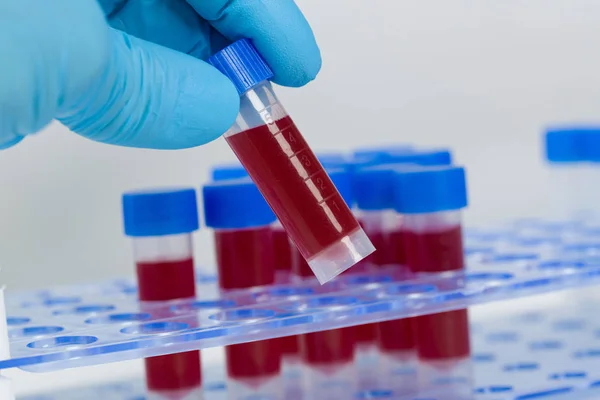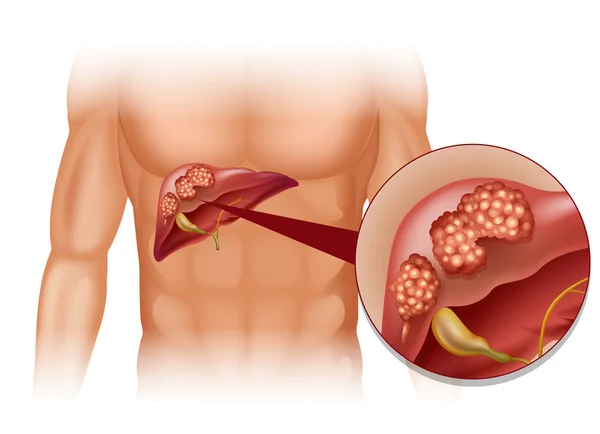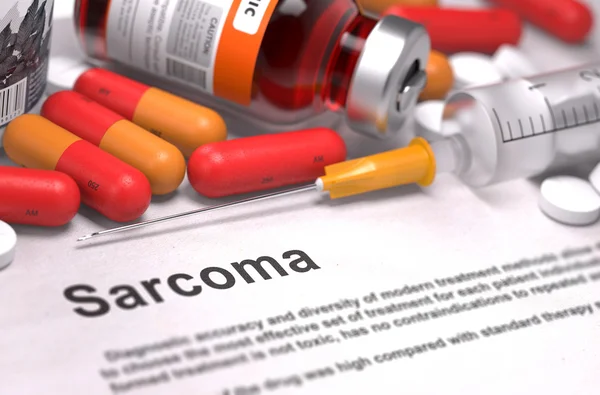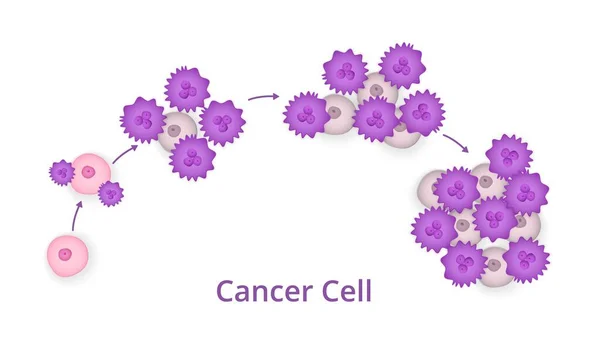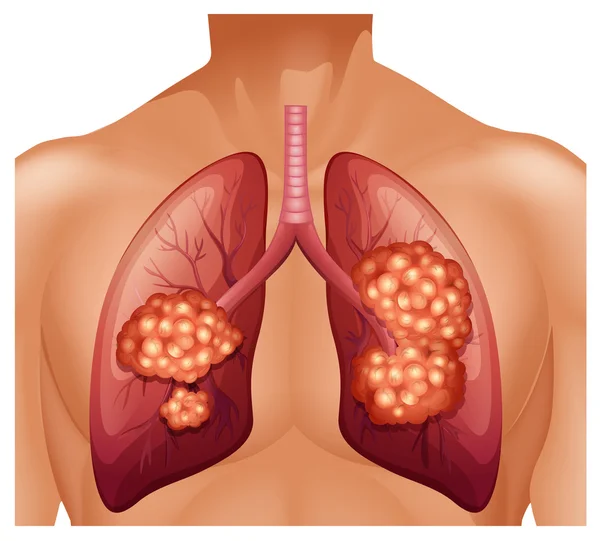
Lung cancer, a disease characterized by the uncontrolled growth of abnormal cells in one or both lungs, is one of the most common and serious types of cancer worldwide. It primarily affects the epithelial cells of the respiratory tract and can be divided into two main types: non-small cell lung cancer (NSCLC) and small cell lung cancer (SCLC).
Types of Lung Cancer
Non-Small Cell Lung Cancer (NSCLC)
NSCLC accounts for approximately 85% of all lung cancer cases and comes in three main subtypes:
- Adenocarcinoma: Often found in the outer area of the lung, it’s the most common form of lung cancer among non-smokers and is more common in women.
- Squamous Cell Carcinoma: Originates in the squamous cells that line the inside of the airways in the lungs and is frequently linked to a history of smoking.
- Large Cell Carcinoma: Can appear in any part of the lung and tends to grow and spread rapidly, which can make it more difficult to treat.
Small Cell Lung Cancer (SCLC)
SCLC, also known as oat cell cancer, is less common, accounting for about 15% of lung cancers. It grows and spreads faster than NSCLC and is strongly associated with cigarette smoking. This type of lung cancer is often more responsive to chemotherapy and radiation therapy, but typically has a worse prognosis.
Risk Factors for Lung Cancer
- Smoking: The primary risk factor for lung cancer. Both active and passive smoking (secondhand smoke) can contribute.
- Radon Exposure: Radon is a naturally occurring gas that can lead to lung cancer over prolonged exposure.
- Asbestos and Other Chemicals: Prolonged exposure to substances like asbestos, arsenic, chromium, and nickel can increase lung cancer risk.
- Family History of Lung Cancer: Having a first-degree relative with lung cancer may increase risks.
- Air Pollution: High levels of air pollution can marginally increase the risk of lung cancer.
Symptoms of Lung Cancer
Lung cancer symptoms often don’t appear until the disease is in an advanced stage, which makes early detection difficult. Some common symptoms include:
- Persistent Cough: A cough that doesn’t go away or gets worse over time.
- Changes in a Chronic Cough: Significant changes in a chronic cough or “smoker’s cough” should be evaluated.
- Coughing Up Blood: This may be a small amount and can be blood-streaked mucus.
- Chest Pain: Pain that is dull, aching, and persistent may be a symptom.
- Breathlessness: Shortness of breath during activities or while at rest.
- Hoarseness: Change in voice or feeling as if your throat is blocked.
- Weight Loss and Loss of Appetite: Unintended weight loss not linked to changes in diet or exercise.
- Persistent Fatigue: Feeling unusually tired without a clear reason.
- Recurring Respiratory Infections: Such as pneumonia or bronchitis.
- Swelling of the Face and Neck: Can be related to lung cancer affecting blood flow.
If you experience any of these symptoms, it’s crucial to consult a healthcare provider as they can be signs of lung cancer or other serious health issues.
Diagnosis and Treatment
Diagnosing lung cancer often involves a series of tests, including imaging scans such as chest X-rays and CT scans, sputum cytology, and tissue biopsies. Once a diagnosis is made, treatment options may include surgery, radiation therapy, chemotherapy, targeted drug therapy, or a combination of these treatments. The choice of treatment largely depends on the stage of the cancer, the patient’s overall health, and the specific characteristics of the cancer.
Conclusion
Lung cancer remains a leading cause of cancer death globally due to its typically advanced stage at diagnosis. Understanding the symptoms can help individuals seek prompt medical attention, possibly leading to early detection. Reduction in risk factors, particularly smoking cessation, also plays a crucial role in prevention. With progress in personalized medicine and new treatment modalities, the hope for better outcomes for lung cancer patients continues to rise. If you have concerns about lung cancer, please consult a healthcare professional who can provide you with the most current and personalized information.

